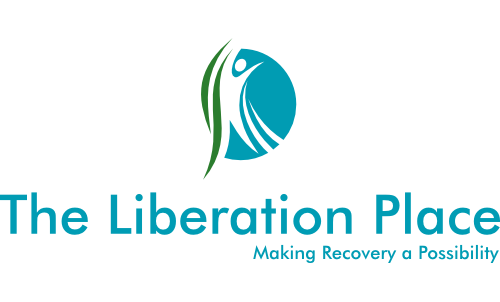The Entitled Child
The Entitled Child mode can sometimes be a difficult one to accept if it exists within our personality system, usually because we push back against the idea that we might be acting in entitled ways, due to the societal judgement that regularly gets attached to the word “entitlement” these days. Behaviourally, when we are blended with the Entitled Child Mode, we do what we want to do, when we want to do it, often, but not always, knowing that there are consequences for our actions, but not really caring about the effects of our choices. For some people, the presence of the entitled child may be extremely obvious, playing out for all to see in behaviours that are filled with stereotypical examples of entitlement.
For others, it may take on a role that is harder to spot, presenting in minor behaviours like parking our car wherever we want, or jumping the line because we are in a rush, we’ve got somewhere to be, saying things like, “everyone just needs to get out of my way so I can get things done.” In essence, the Entitled Child Mode thinks only of its own needs in the current moment. There is no thought of the impact the behaviour may have on others, like who it might impact if my car is in a no parking zone, or who was waiting patiently in line when I decided to jump in. This mode will usually present in our thoughts as the “I don’t care’s” or the, “I don’t need to’s” and it is often created as the result of either, always getting what we wanted and never hearing the word no, or, never getting what we wanted and pushing back against hearing the word no.
“In recovery, it was often the case that my system would become dysregulated when I was asked to do something a part of me didn’t want to do. This sense of entitlement usually kept me stuck in a pattern of dysfunctional behaviour, usually resulting in a substance-related escape.”
~Steven Morris RP
It took me a very long time to accept the fact that there was a part of me that was full of entitlement. I remember, many years ago, after an outburst of anger and selfish behaviour, I was asked by a family member if I thought the world owed me something. At the time, this question only served to deepen my rage. This part of me had me lashing out with hateful words aimed at those who were trying to get me to reflect on my behaviour. My inner critic created a sense of shame in my system that I used as a reason to intensify my addictive behaviours.
Entitlement has many manifestations in adult behaviour. For me, it came from a sense of not needing to do the things people asked of me. I didn’t feel it was my responsibility. Internally, my entitled child was saying, “I don’t need to do this, it’s your responsibility, not mine.” It would take me to a place of thinking and feeling that lacked accountability, that was full of blame for others, and was often accompanied by my Angry Child reactions.
For many people, being told they have a sense of entitlement can be challenging. After all, generally there is an extremely negative connotation attached to the word entitlement. However, the existence of an Entitled Child in your personality does not always mean you are an entitled person. The entitled thinking will only lead to entitled behaviour when this part of your personality is blended in your system.
Learning how to recognize the presence of the Entitled Child when it arises is key to unblending from its behaviours. There are thoughts, feelings and physical sensations specific to this part, so creating a mindfulness practice designed to listen to your system throughout your day will provide the possibility of growth in this area, ultimately supporting the Life you Want to Live!!
In the PDF below, you will find a documented version of this page along with a worksheet that’s designed to help you figure out what the Entitled Child looks like when it's activated within your personality system. Take some time to download it, print it out, and work through the questions and exercises contained in it slowly. If you can, allow yourself to sit with the experience of the Entitled Child. Keep in mind, this will be an extremely difficult thing to do as the emotional experience of this part are coping mechanisms for the uncomfortable and unwanted emotional experiences we avoid the most.
Download PDF
Follow us on Social Media





